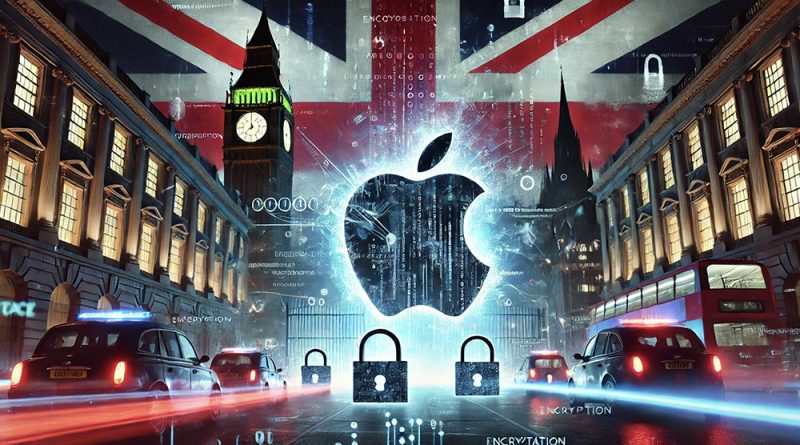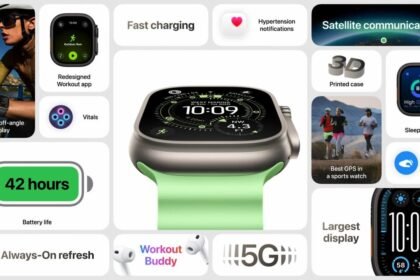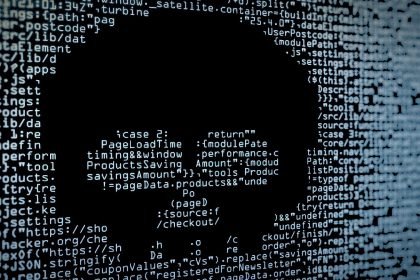The UK government has failed in its attempt to keep the specifics of a surveillance order against Apple under wraps, according to a landmark decision by Britain’s Investigatory Powers Tribunal.
In a ruling made public on Monday, the tribunal rejected arguments from the government that disclosing the case’s existence would compromise national security or harm the public interest.
This decision marks the first official acknowledgment of the case, though key details remain classified.
The case reportedly involves a demand from UK authorities requiring Apple to grant access to the encrypted cloud data of any Apple user globally.
According to leaked documents published earlier this year, the order effectively sought a backdoor into Apple’s advanced encryption features.
Apple has since announced it would no longer offer Advanced Data Protection—its end-to-end encryption service for cloud storage—to UK customers, citing the legal pressure.
The feature, designed to prevent anyone other than the user from accessing their stored files, has been widely embraced as a critical privacy tool.
Despite the ruling, the broader details of the case remain concealed, bound by UK national security regulations.
Both Apple and the UK Home Office have so far declined to comment. The case has drawn widespread criticism from privacy advocates and lawmakers who argue that the proceedings must be made public to ensure accountability and transparency.
Calls for greater scrutiny have come from across the political spectrum, including members of Congress in the United States and prominent civil liberties organizations.
Apple has maintained that it has never created a backdoor or master key for its devices and services, insisting that such a move would undermine user trust and privacy worldwide.
The company has continued to challenge the order in court, despite mounting pressure from UK authorities.
The ruling could set a significant precedent for how governments handle demands for access to encrypted data, an issue that has sparked heated debates globally over privacy, security, and state surveillance.





